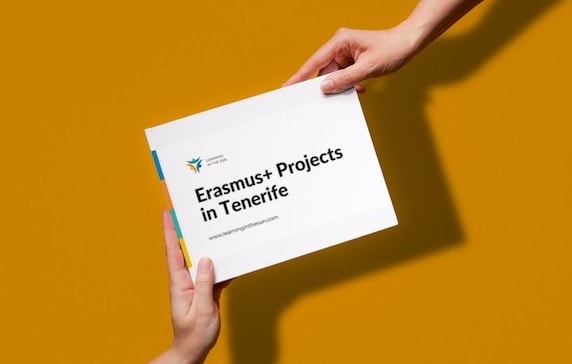In today’s rapidly evolving world, empathic communication has become more critical than ever. We’re so often confused by our own thoughts, feelings, and behaviors that it makes us unable to understand others. It makes it harder to share our ideas, opinions, and goals. And we end up feeling lonely and unfulfilled.
By taking part in our course and developing empathic communication skills, you will be able to express yourself with clarity and empathy. You will be able to ensure that your message reaches the intended audience and avoid the common barriers to effective communication: misinterpretation, misunderstanding, and lack of connection. Whether you’re a leader, a professional, or simply someone looking to improve your interpersonal relationships, this course will empower you with the tools and techniques to enhance your communication.
As an added bonus, the entire course will be held on the marvelous island of Tenerife! After the course, you’ll have the possibility to immerse yourself in our tropical climate, explore stunning landscapes and engage in exciting activities such as surfing, kayaking, paragliding, and much more!
The training is based on the NVC (Nonviolent Communication) approach which is often called the “language of life”. It helps us to communicate with honesty, respect, and compassion, create high-quality connections, and step beyond the binaries of “good” or “bad”. You will learn:







* paid activity
1-Week Course
We are working on the next dates, please stay tuned.
Right next to the Botanical Garden in Puerto de la Cruz, Tenerife, is the FU International Academy where your course takes place. You’ll study in a relaxed atmosphere in an international setting. During your break you can enjoy the conversation with your classmates on the sun terrace of our own cafetería, the FU Café.
The acquired tools and techniques can be further implemented at work with children, colleagues or adult students.
The base course price is indicated above and includes all the features listed below the price.ᅠ
We can arrange additional services for you, such as accommodation (hotels & self-catering apartments), half-day and one-day trips, cultural activities, airport transfer, and local transportation. Most of them can be added during the booking process.

We take your privacy seriously. See our Privacy Policy.